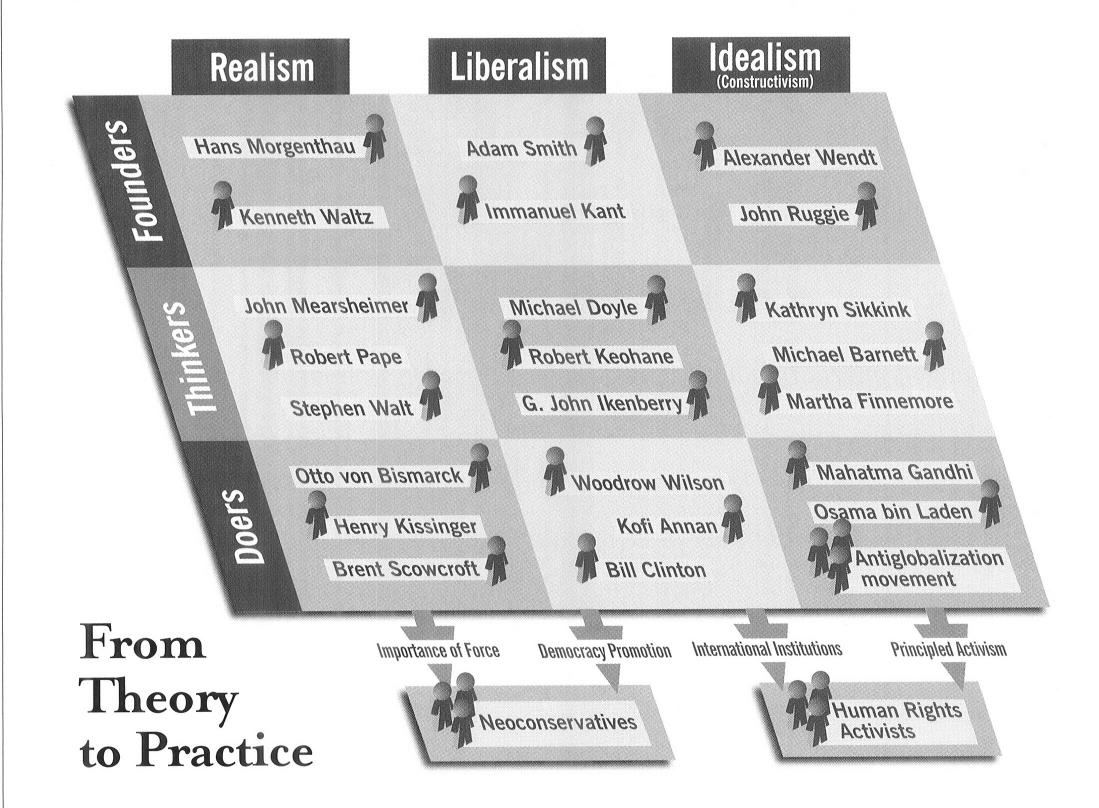The American philosopher William James (1842-1910) summed up the antithesis of idealism and realism by arguing that people are either “tender-minded” or “tough-minded.”
The tough-minded are convinced that the world of sense experience is the real world; the tender-minded are convinced that the world of sense experience is somehow an illusion, or at any rate a flawed copy of the real world, which exists perfectly only in God’s mind. This abstract argument was a modern formulation of the ancient debate between the Platonists and the Aristotelians.
Another distinct note in the thought and language of the period was an emphasis on will. The word appeared everywhere, even as a title—in Nietzsche’s Will to Power, in William James’s Will to Believe. The pragmatism of William James was a philosophy of the will. To James reality was not absolute, as in the idealist tradition; indeed, reality was not fixed and certain.
Reality was what “works” for human beings, truth was what humanity wanted to, had to, believe. To many of his critics, James had by no means saved himself from subjectivism. Pragmatism remained, for these critics, a doctrine dangerously erosive of traditional values.
The cult of the will intensified the revolt against reason. The basic position of anti-rationalism was a rejection of the Enlightenment’s belief that the typical human being is naturally reasonable. Anti-rationalism also had its positive side—the belief that if people can accept their true nature as human beings, they can lead richer lives than any rationalist ever planned for them.
To use a metaphor from John Locke, moderate anti-rationalists regarded human reason as a flickering candle, not as a great white universal light. They wanted to keep it alive, to nurse it along to greater brightness. In keeping with the views of the evolutionists, they regarded this process as long and slow.
By contrast, extreme anti-rationalists would put out the candle of human reason, which they regarded as not only feeble but downright bad. For them, reason was, so to speak, a mistake evolution had made— a wrong turn from which the human race must somehow retrace its steps to a sounder life of instinct, emotion, and faith.
Many of the extreme anti-rationalists turned violently against democracy, which seemed to them to rest on an altogether false evaluation of what human beings were really like. Because anti-rationalists hold that most people are by nature incapable of fair, dispassionate thinking and discussion, they favored leadership and rule by an elite.

